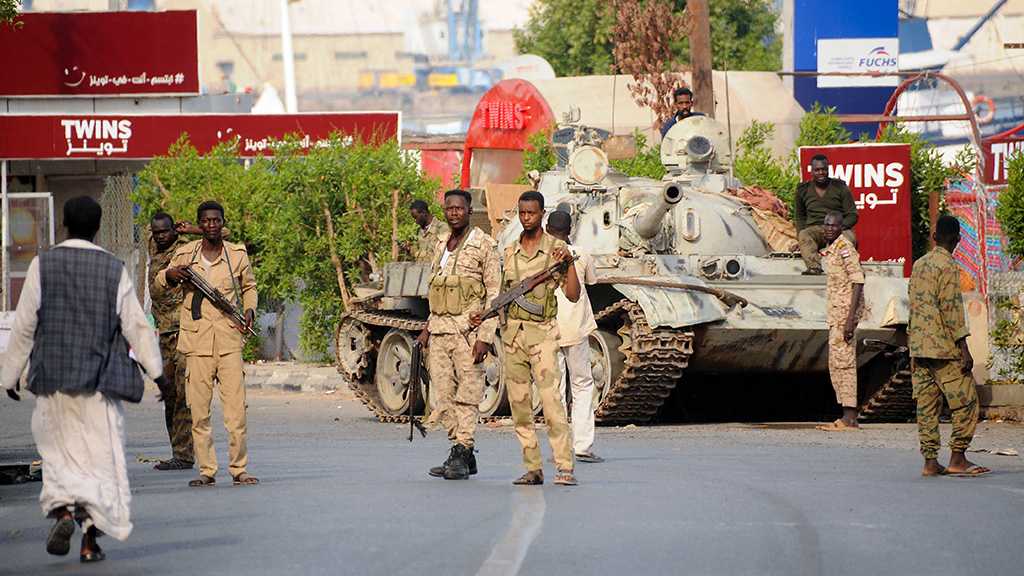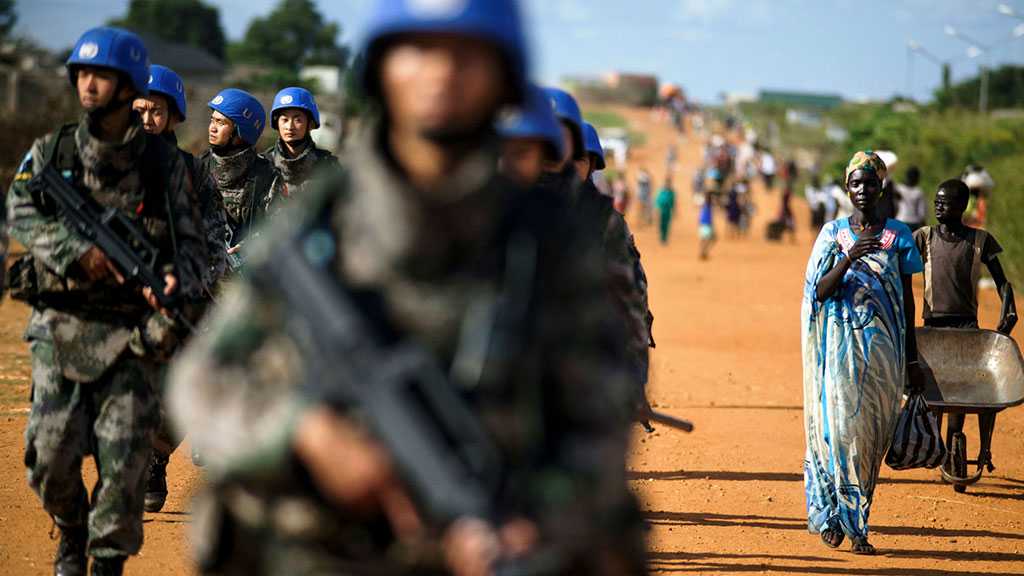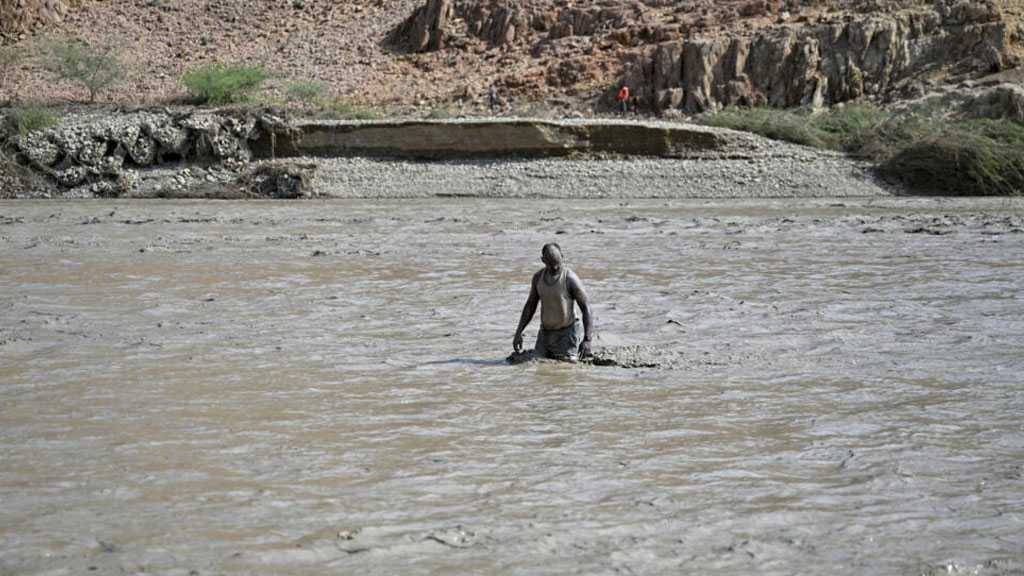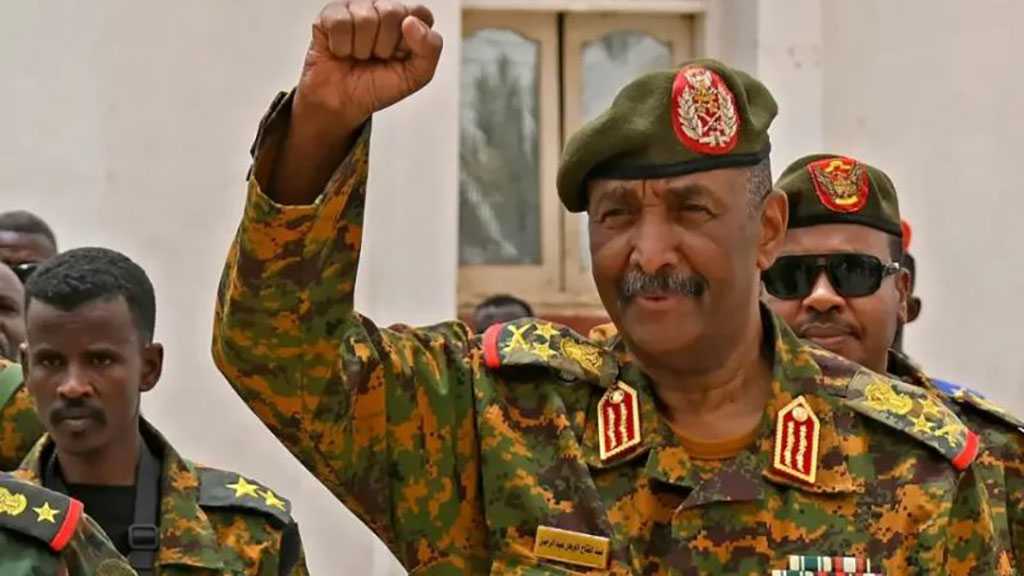Sudan’s Warring Sides Agree to 72-Hr. Truce, As Foreign Nations Get Citizens Out

By Staff, Agencies
Sudan's army and paramilitary Rapid Support Forces [RSF] have agreed to a 72-hour truce mediated by the United States and Saudi Arabia.
The truce was announced earlier on Monday by US Secretary of State Anthony Blinken, who said it followed two days of intense negotiations after the two sides failed to abide by several previous temporary truce deals.
Later on Monday, the RSF confirmed that it had agreed to the ceasefire, which started at midnight, to facilitate humanitarian efforts, saying, "We affirm our commitment to a complete ceasefire during the truce period."
A few hours later, Sudan Armed Forces [SAF] also said on its Facebook page that it had agreed to the truce deal. It added that the truce was mediated by the US and Saudi Arabia.
"During this period, the United States urges the SAF and RSF to immediately and fully uphold the ceasefire," Blinken said in a statement, adding that a committee will be set up to oversee work on a permanent ceasefire and humanitarian arrangements.
The Forces of Freedom and Change, the country's main civilian bloc, which the army and the paramilitary ousted from power in a 2021 coup, said the truce would allow for "dialog on the modalities of a permanent ceasefire."
Fighting erupted between Sudan's army and the RSF on April 15 and has so far killed at least 427 people, knocked out hospitals and other services, and turned residential areas into war zones.
More than 3,700 have also been wounded so far in the fighting, which has displaced tens of thousands of people, including Sudanese and citizens from neighboring countries, who have fled in the past few days, including to Egypt, Chad, and South Sudan.
International organizations have, however, warned that millions of Sudanese are unable to flee. They are trying to survive acute shortages of water, food, medicines, and fuel as well as power and internet blackouts, the bodies say.
Foreign governments have been working to bring their nationals to safety, while several countries, including Canada, France, Poland, Switzerland and the United States, have halted embassy operations until further notice.
Four German air force planes evacuated more than 400 people of various nationalities from Sudan as of Monday, while the Saudi foreign ministry said on Monday it evacuated 356 people, including 101 Saudis and people of 26 other nationalities.
The conflict stems from a power struggle between Sudan's army chief, Abdel Fattah al-Burhan, and his deputy, Mohamed Hamdan Daglo, widely known as Hemedti, who commands the RSF, over a plan to integrate the paramilitary fighters into the regular military.
Earlier on Monday, UN Secretary-General Antonio Guterres said in an address to the Security Council that the violence "risks a catastrophic conflagration...that could engulf the whole region and beyond."
Stressing that he was in “constant contact” with the parties to the conflict and had called on them to de-escalate tensions and to return to the negotiating table, Guterres added, "We must all do everything within our power to pull Sudan back from the edge of the abyss.”
The International Crisis Group of analysts confirmed the warning, saying the fighting threatened to "quickly plunge the country into a full-scale war embroiling countless armed groups."
Comments




